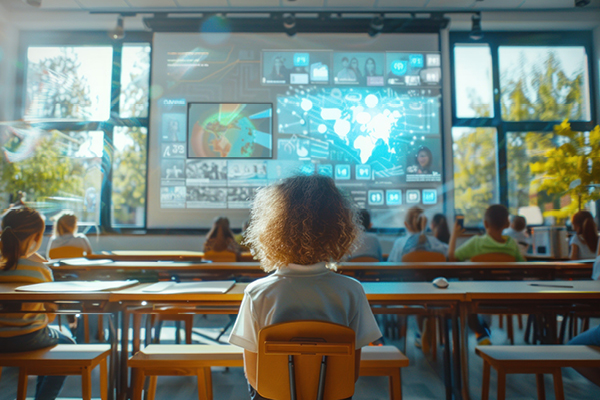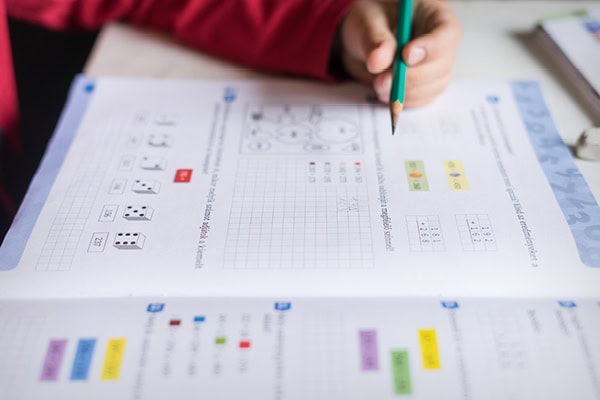Many children today are uncertain of what to play or how to initiate and end games, according to K-12 Dive. Conflicts arise about rules and who are the winners. The pandemic, educators say, stunted young children’s natural play development.
Educators, pediatricians and play advocates encourage schools to be more mindful and intentional about positive student-led play experiences at schools. Academic, physical, social and emotional benefits accrue for kids when there is dedicated time for healthy, inclusive and safe play.
According to the National Association of State Boards of Education, nine states — Arizona, Arkansas, Connecticut, Florida, Missouri, New Jersey, Rhode Island, Virginia and West Virginia — require daily recess for students.
Starting next school year, California public schools will be required to provide at least 30 minutes of recess to elementary students, under a law passed in 2023. Recess, the law says, should be held outdoors when weather and air quality permits.
The average length of play at schools is 25 minutes daily, according to a 2018 survey of 500 elementary school teachers conducted by Wakefield Research. All the teachers surveyed said recess is essential to young children’s mental and physical development.
Why is play at school so difficult?
Pandemic-related school closures and social distancing, playtime replaced by screen time, and school schedules squeezed in favor of academics are all blamed for a demise in both natural play and recess time, experts said.
To fix its struggles around play, Marcy Arts Elementary School in Minneapolis, which has 480 students in pre-K through grade 5, partnered several years ago with Playworks, a nonprofit that works with elementary and K-8 schools across the country to improve play and recess time, to coach educators in observing children at play to better understand each child’s strengths and needs.
One of the most helpful recommendations Playworks provided was to use Rock, Paper, Scissors to settle playground conflicts. That strategy even seeped into other school settings to resolve disputes between students, such as who gets to go first in the lunch line.
The focus on playtime has also led to academic and social benefits at the school. When a group of kindergartners struggled academically at the beginning of this school year, educators decided to give them a 20-minute recess before school work began in the morning. The students needed to move a little bit before going to the classroom.
Elizabeth Cushing, CEO of Playworks, said teachers want to integrate play into the school day in a way that is productive for everyone, including students with behavioral challenges and those with disabilities.
“The first thing that we see that makes a difference is when adults get in the game alongside the kids,” Cushing says. That signals to students that play is important. Teachers can also model positive play norms, such as high-fiving others, taking turns and recovering after a disappointing game, she says.
K-12 Dive





